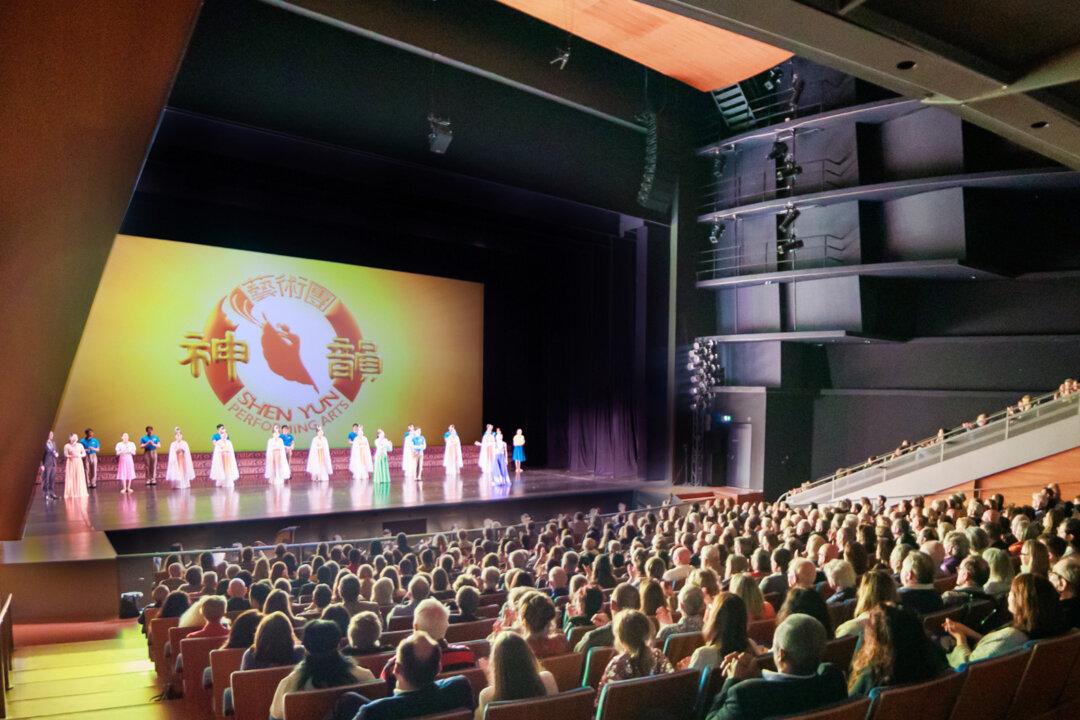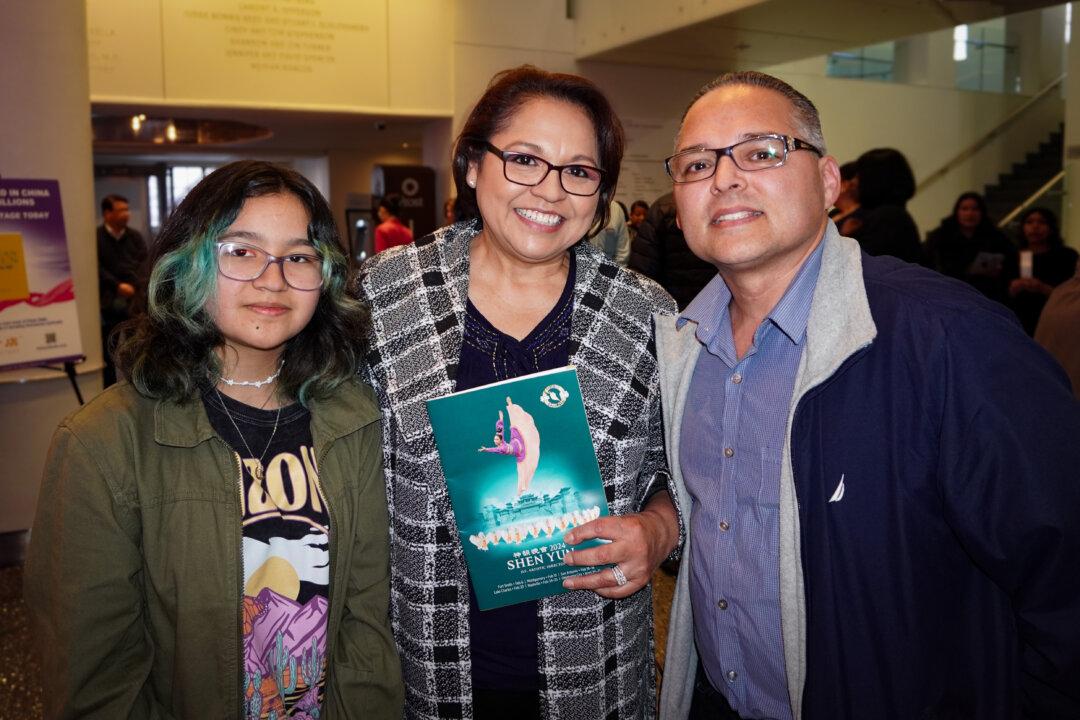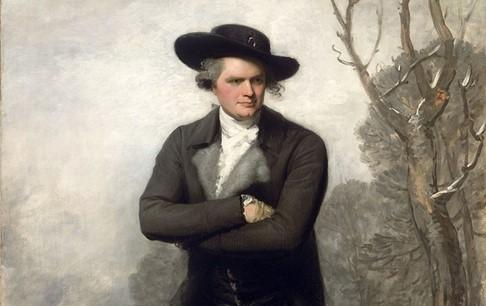CUDDEBACKVILLE—May has been officially designated Asian American Pacific Heritage Month. Some Chinese-Americans who live in Orange County bring a 5,000-year-old culture to this country through performance in dance.
Alvin Song and Ashley Wei perform with Shen Yun, a performing arts company that seeks to revive traditional Chinese culture through dance and music.
They shared their experiences as Chinese-Americans and dancers in the internationally-recognized dance company. Both train at Shen Yun’s home in Cuddebackville, Deerpark.
Chinese classical dance has given the world many techniques and styles, such as gymnastics and acrobatics. Song performs as a principal dancer in Shen Yun. He said many Americans may not be aware of the long history of Chinese classical dance. “To dance this art form around the world is a privilege,” he said.





